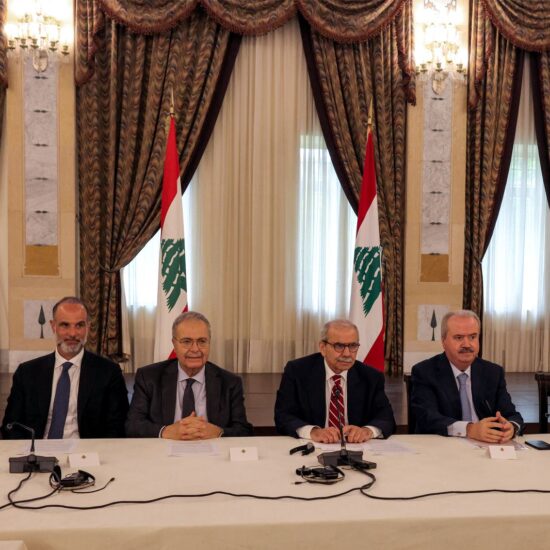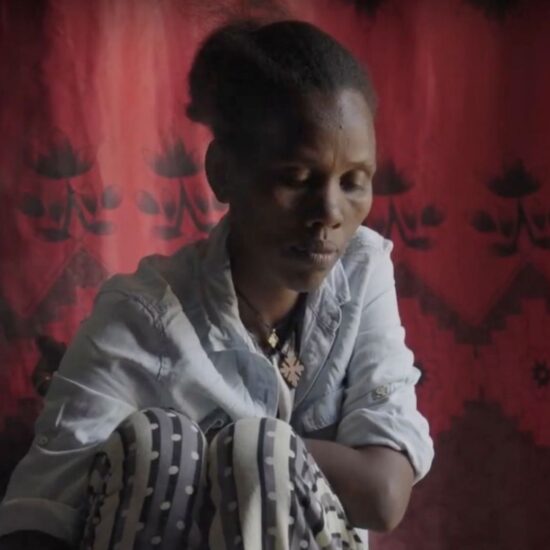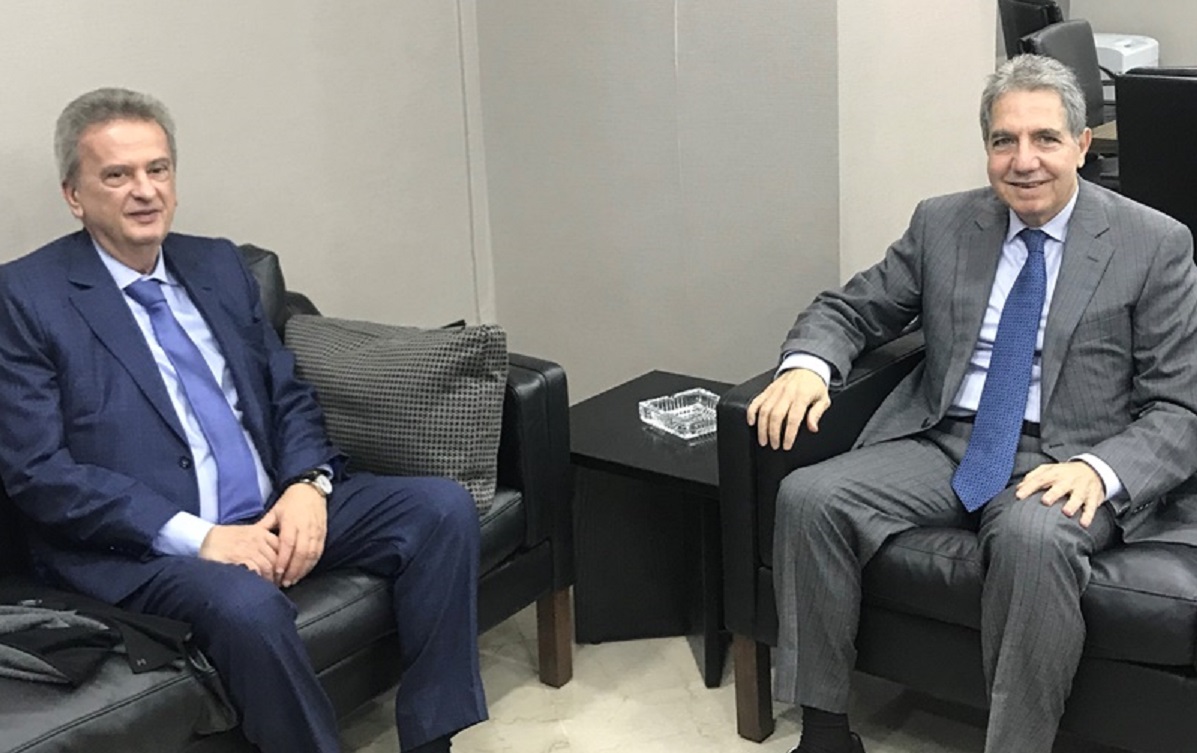
Karim Mehyedin was 23 and had been working only for a few days as a volunteer distributing food in the impoverished neighborhoods of the Lebanese northern city of Tripoli. On April 13, a gunfight sparked when a group of men tried to take more than one package of food. Mehyedin was killed by a stray bullet. Two other people were wounded in the fight.
It was the latest and bloodiest episode of violence over food in Lebanon, as fear of penury drives some citizens to stockpile in the wake of the imminent removal of subsidies for basic necessity products, which would cause prices to skyrocket.
At the beginning of March, a bag of powdered milk caused a brawl inside a Lebanese supermarket when a shopper tried to buy a large amount of the increasingly hard-to-find product. In addition to fights over milk, there have also been clashes over sugar, oil, and medicine.
According to the World Bank, an estimated 1.7m people are expected to fall under the poverty line in Lebanon due to the ongoing economic crisis, with around 840,000 of them at risk of falling under the food poverty line. According to the World Food Program, in November 2020, food prices have risen by 423 percent since October 2019.
“We don’t have a lot of things now in the supermarkets, especially things that are really essential, like milk,” Rosana Boumonsef, an economy analyst and columnist for, Lebanon’s largest Arabic language publication Annahar, told NOW.
For decades, the Lebanese government has used subsidies as a means of providing affordable essentials, such as bread, fuel and sugar. In a country with high unemployment, millions of refugees and a large percentage of the population living in poverty, these subsidies have long been a lifeline, allowing them to at least afford the basic necessities.
However, due to years of political and financial mismanagement, these subsidies are now at risk of being lifted as Lebanon’s financial crisis worsens by the day and the foreign reserves in the central bank used to fund these subsidies dwindle.
But for most decision-makers in Lebanon, subsidies are the big elephant in the room.
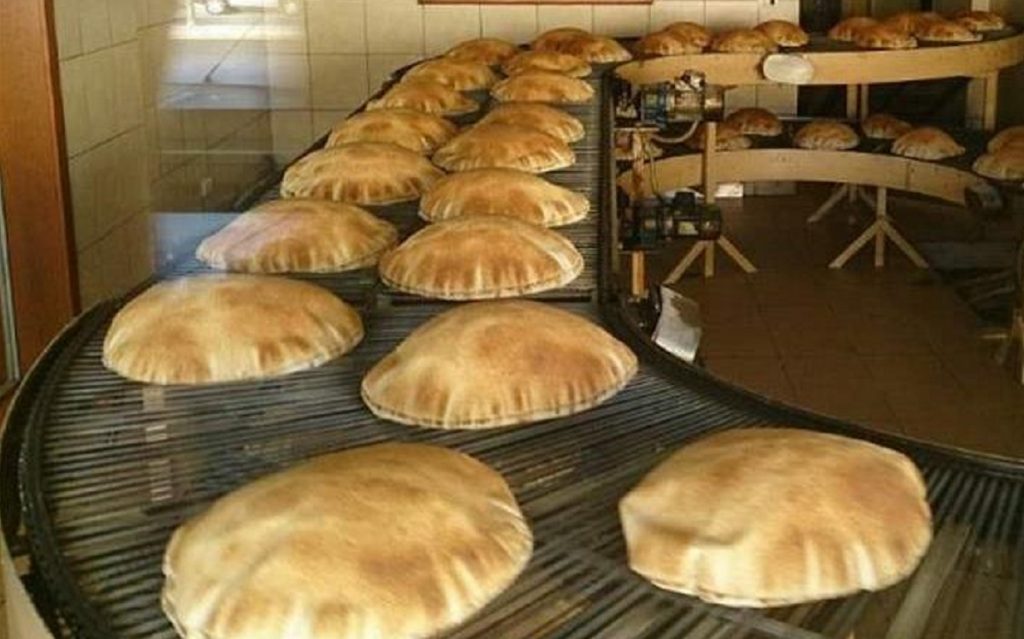
A plan to taper off your subsidies
The Lebanese Central Bank has repeatedly warned that money for subsidies is running out as the state’s foreign reserves are being depleted, and recommended a plan to gradually lift subsidies.
Caretaker Finance Minister Ghazi Wazni told Reuters in an interview at the beginning of April that delays in launching a plan to reduce subsidies are costing Lebanon $500 million a month and the foreign reserves would last at most until the end of May.
The subsidy plan scales down a list of subsidized foods from 300 to 100 goods, reduces fuel and medicine subsidies, and introduces a ration card for 800,000 poor families, to roughly halve $6 billion in annual spending on subsidies, Wazni said.
According to Joseph Daher, an affiliate professor specializing in Lebanese affairs at the European University Institute in Florence, Italy, the relaxation of subsidies is something that has been long discussed in Lebanon, but politicians have perpetually postponed the conversation, as this would throw the country into chaos.
“I think that they will pursue [subsidies] until they still have a bit and they don’t want to put the country off completely,” Daher told NOW. “This is why I think the issue of subsidies has been put off constantly.”
He added that Lebanon’s politicians have raised the idea of ration cards for the most at-risk in the country in order to help alleviate some of the burdens of purchasing basic necessities, but there has been little movement on this front with no numbers being presented as to how many families would in reality benefit from this program.
Despite the lack of concrete action surrounding subsidies, the government may soon be forced to make some tough choices as foreign reserves in the central bank continue to shrink.
“The logic would be, when you reach a point of nearly between $1bn and $5bn in foreign reserves, basically we will have to start cutting in different ways,” Daher explained.
Daher added that this is the same thing that is happening in Syria now with the prices of basic necessities increasing as the government is no longer able to continue subsidizing goods due to a lack of foreign reserves in the central bank.
“At one point it will happen in Lebanon. But exactly when is hard to say,” he said. “If there is no radical change in the structure of power and the structure of the political economy of Lebanon, the question is only when.”
Analysts say that the only hope is that Prime Minister-designate Saad Hariri forms an expert government and the French bailout plan starts functioning.
Farfetched hopes of “fresh money”
For several months already, Hariri has been carrying out a world tour, meeting with foreign leaders to discuss possible aid to Lebanon once he successfully forms a government.
Western chanceries, including France, the United States, and the European Union, as well as regional powers, conditioned their financial assistance to the formation of a new technocratic government that would tackle corruption and the economic crisis.
Boumonsef claims that while Hariri will need to take a hard look at subsidies, she believes that he will bring in money to help when he ultimately makes these decisions.
“Now, he [Hariri] is going outside [Lebanon] and he is visiting other states with that purpose,” she said. “To give support to Lebanon when he takes tough measures.”
However, Daher argues that while Hariri might be able to bring in some foreign support, in reality, it will be nowhere near as much as people are hoping.
“Whoever is in power today, with maintaining the same political economy in Lebanon, they will not be able to bring as much money [from foreign support] as before because there is a trust issue,” he explained.
He said countries like Saudi Arabia are not as willing to invest in Lebanon as the Iran-back Islamist group Hezbollah has gained more power and influence in Lebanese politics. Daher also added that any deal with the International Monetary Fund requires reforms that include austerity measures and lifting the subsidies.
“You might have foreign investment that might come with Hariri, but I don’t think that if you have dollars coming in the country it will necessarily mean that you wouldn’t have a cut in subsidies,” he argued.
However, hopes for a new government seem far-fetched in Beirut. Since Hariri’s designation six months ago, he and President Michel Aoun have been unable to agree on the makeup of the new government.
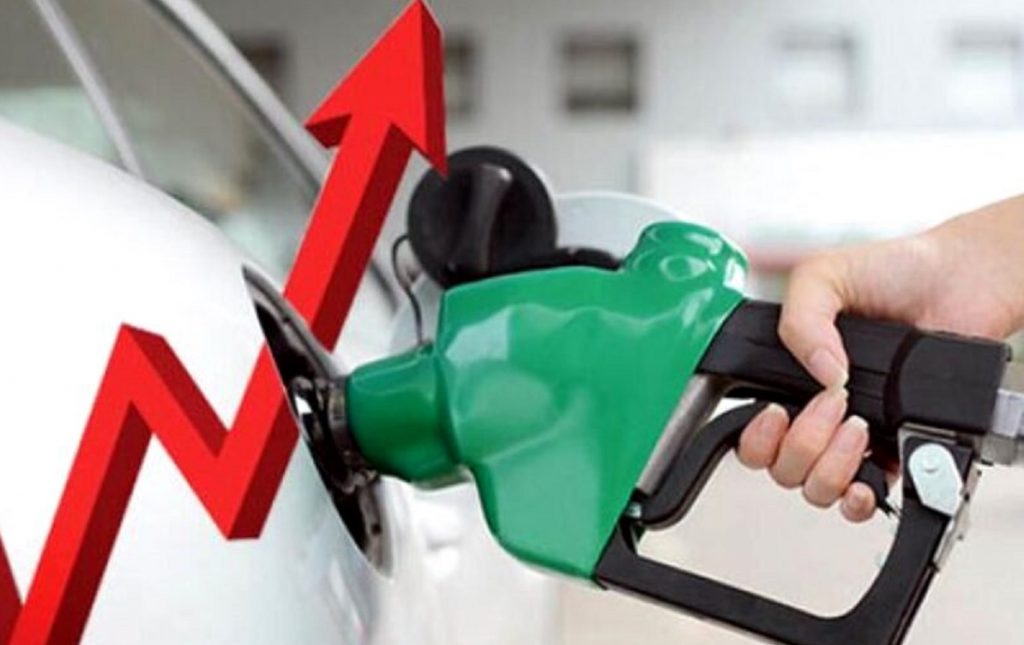
“The people will pay the price”
Boumonsef and Daher agree that the political parties in Lebanon are in no rush to solve the crisis as they are not heavily affected by it and any protests that arise do not last long and are not normally very large.
Boumonsef argues politicians employ the small shock tactic of lifting subsidies step by step to get people used to the situation instead of applying a huge shock all at once. Thus, when subsidies are eventually removed, there will not be massive protests on the streets like in the early days of the October 17 uprising.
“It’s a trend in Lebanon,” Boumonsef explained. “They do that to let people get used to the next step.”
Using fuel as an example, Boumonsef said that with the price of gas rising, people will eventually want things to reach an end so that they can stop wondering how much worse it will get.
Boumonsef added that the Lebanese are still constantly struggling with their newfound reality and the constant uncertainty.
Moreover, in Lebanon’s sectarian patron-client system, politicians are counting on the people becoming dependent on their sectarian leaders to help provide them with the basic necessities, Daher explains.
This has already been seen with Hezbollah‘s new ration card that allows holders access to cheaper Iranian and Syrian products that are subsidized by the party.
Most Lebanese, however, do not have access to this card and are forced to rely on the government’s subsidies even as they start to disappear.
In the event that they are removed entirely, Daher pointed out that it is the Lebanese people who would be the ones that experience the consequences rather than the politicians who made the decision to remove them.
“I think that they [the politicians] are betting on the people getting tired,” he said. “The situation will get more catastrophic, [with the politicians] saying that, basically, “we have to do this, otherwise no one will lend us money, no one will invest in our country, this is the only way”. So we have to all suffer. But they won’t suffer from it. Hariri won’t suffer from the cuts to subsidies and neither will Aoun or Gebran Bassil and others,” he concluded.
Nicholas Frakes is a multimedia journalist with @NOW_leb. He tweets @nicfrakesjourno.
Video by Tala Ramadan. Tala is a multimedia journalist and head of social media at NOW. She tweets @TalaRamadan.





